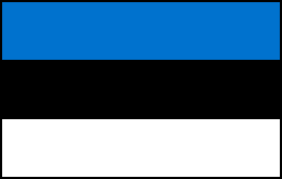The Estonian Biobank (EstBB), a member is a member of BBMRI-ERIC (https://www.bbmri-eric.eu/national-nodes/estonia/) is part of the Institute of Genomics of the University of Tartu, with a population-based, prospective and longitudinal biobank. The biobank consists of more than two million biological aliquots and health records from about 200,000 participants representing about 20% of Estonia’s adult population.
Entry point: BBMRI.EE
Website: www.biobank.ee
Number of biobanks: 1 biobank in BBMRI.EE (5 organisations in Directory): 8 collections – none for commercial use.

